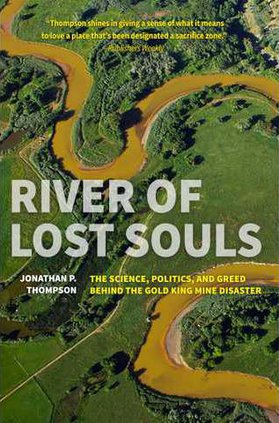ATLANTA — Sen. Tommie Williams has announced that he won’t seek re-election as president pro tempore.
Williams told fellow senators in a letter Monday that he wants to give others a chance to lead and would like to spend more time with his wife and three children. He will seek re-election for his Senate seat, and is running unopposed.
Williams was first elected to the Georgia Senate in 1998, and has served as the chamber’s second-highest-ranking official since 2009. Prior to becoming president pro tempore, Williams was Senate majority leader.
“It is a very difficult decision for one to give up a position of political power,” Williams wrote in the letter. “Over the last two years, the struggle over who would govern the Senate has been stressful, but liberty almost always requires a struggle. I have fought for giving the Senate the liberty to govern itself.”
The Lyons Republican presided over a tumultuous era in the Senate that saw power stripped from Lt. Gov. Casey Cagle and spread among a committee of several senators that was often at odds with Cagle.
In a statement, Cagle said Williams and his family “have offered themselves up for service” and wished Williams well on his exit.
Williams said he will serve the remainder of his term.
It is unclear who will succeed him when the Legislature returns in January. Sen. Ronnie Chance, who has served in the Senate since 2005, said Monday he is interested in the position.
“I think it’s a little premature right now,” Chance said when asked about whether he would definitely seek the role. “We don’t know who’s going to be in the caucus. I’ve talked to a lot of people about it, including the lieutenant governor and the governor. But we need to get through the primary first.”
Chance does not face primary opposition. All 236 members of the Legislature are up for re-election this year.
The president pro tempore stands in for the lieutenant governor — who is the president of the Senate — when he is absent. According to the Senate rules, the president pro tempore is elected by the Senate from among its members by a majority of the senators voting.
In a statement, Senate Majority Leader Chip Rogers commended Williams for his service, calling him a “decent” man.
“He leads with a heart of compassion rarely found in politics,” said the Woodstock Republican, who is not expected to seek the position. “His leadership will be sorely missed in the Georgia Senate. However, real leadership does not need a title and Tommie Williams will continue to be a major force for good.”
Williams wont seek re-election to leadership post


Sign up for our e-newsletters


